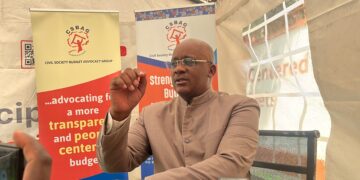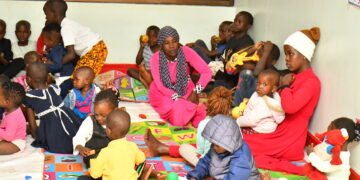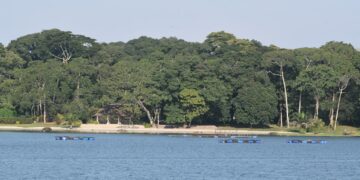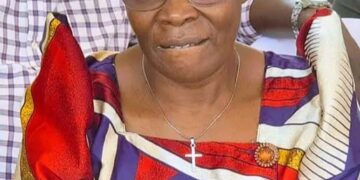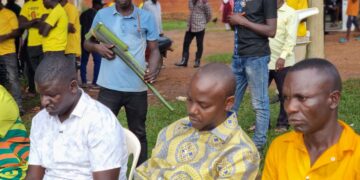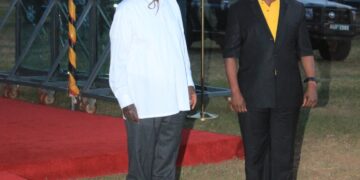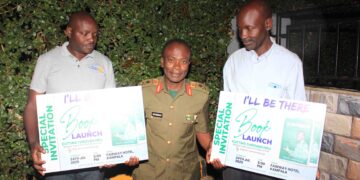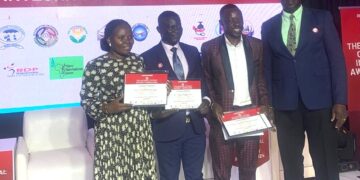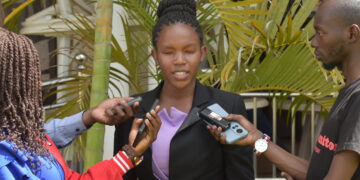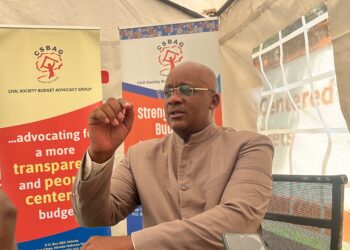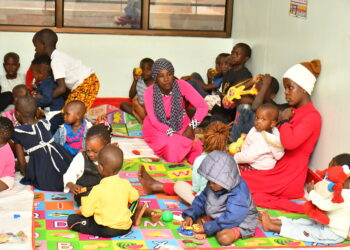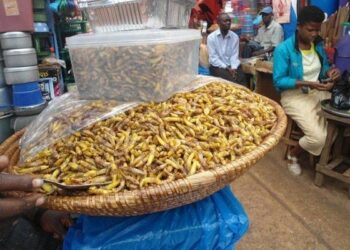Uganda is taking a bold step to commercialize banana fiber hair extensions, an innovation that transforms agricultural waste into high-value, eco-friendly beauty products.
The Uganda National Bureau of Standards (UNBS) is finalizing a new standard to guide the production, certification and export of the natural hair alternative.
Levi Brian Kaneene, a Standards Officer at UNBS, said the draft framework in its final stages will ensure both safety and durability.
“We are testing requirements such as tensile strength, colorfastness and pH to guarantee the product is durable and safe for consumers,” Kaneene explained.

He added that the standard will also prepare manufacturers to compete in global markets where compliance is mandatory.
The move follows growing interest in banana fiber hair pioneered by Texfad, a Ugandan company founded in 2013 and based in Kyampisi, Mukono District.
The firm processes waste banana stems, which are usually discarded after harvest, into carpets, crafts and most recently biodegradable hair extensions.
Texfad founder Muturi Kimani says years of refinement and collaboration with scientists have produced natural hair extensions that rival synthetic products in look and feel.
“We sell a kilo at 200 dollars internationally and 150 dollars locally,” Kimani revealed. “Farmers also benefit, earning 100,000 shillings per truckload of banana stems used in producing the final product. This is not just fashion; it is a new green industry.”
Texfad currently employs 40 workers on its two acre site, producing 20 kilos daily, which is only a fraction of market demand. The company has already secured buyers in the United States, the United Kingdom and Belgium, positioning the product in the high-end natural hair segment alongside Brazilian and Indian hair.
Hairdressers such as Maria Mourine Nabuule in Entebbe confirm rising consumer interest.
“Clients say it is light and causes no scalp irritation compared to synthetic hair,” Nabuule noted. “But prices remain too high for many Ugandans. Scaling up production could change that.”
Scaling is now within reach. Texfad, in partnership with Busitema University and international institutions, is installing new equipment funded by a 600,000 pound UK government grant, equivalent to about 3 billion shillings.
The technology will improve fiber quality and volumes, while ongoing research explores blending banana fiber with cotton for textiles.
Dr. Edwin Kamara of Busitema University observed that this innovation could move beyond crafts into mainstream clothing. “With standards in place, banana fiber can be Uganda’s next export success,” he said.
Texfad plans to expand to a one square mile mechanized plantation, which could create up to 3,000 jobs across farming, processing and distribution.
With a formal standard expected in the coming months, Uganda’s banana fiber hair extensions are poised to capture a niche in the 80 billion dollar global hair industry.
What began as discarded stems could soon become one of Uganda’s most innovative exports, turning bananas into more than just food and transforming them into fashion.

